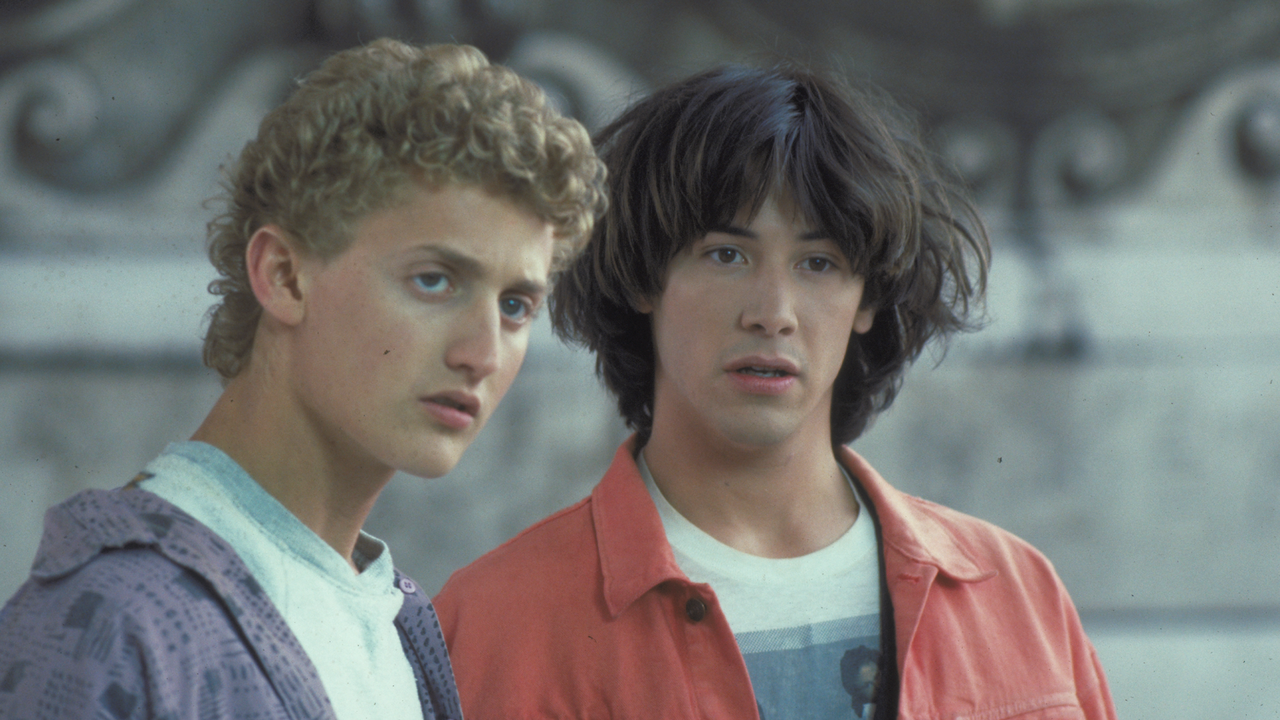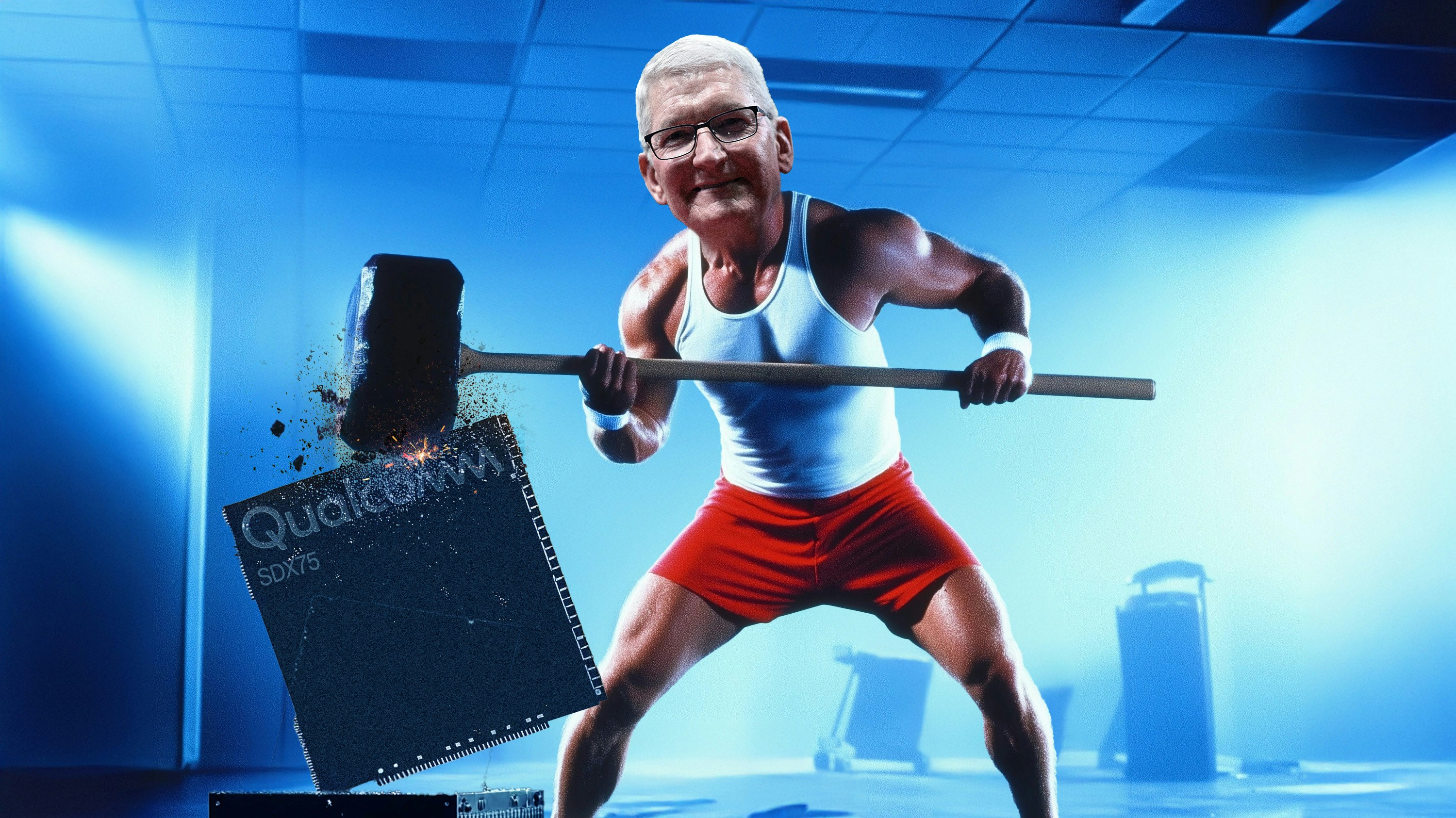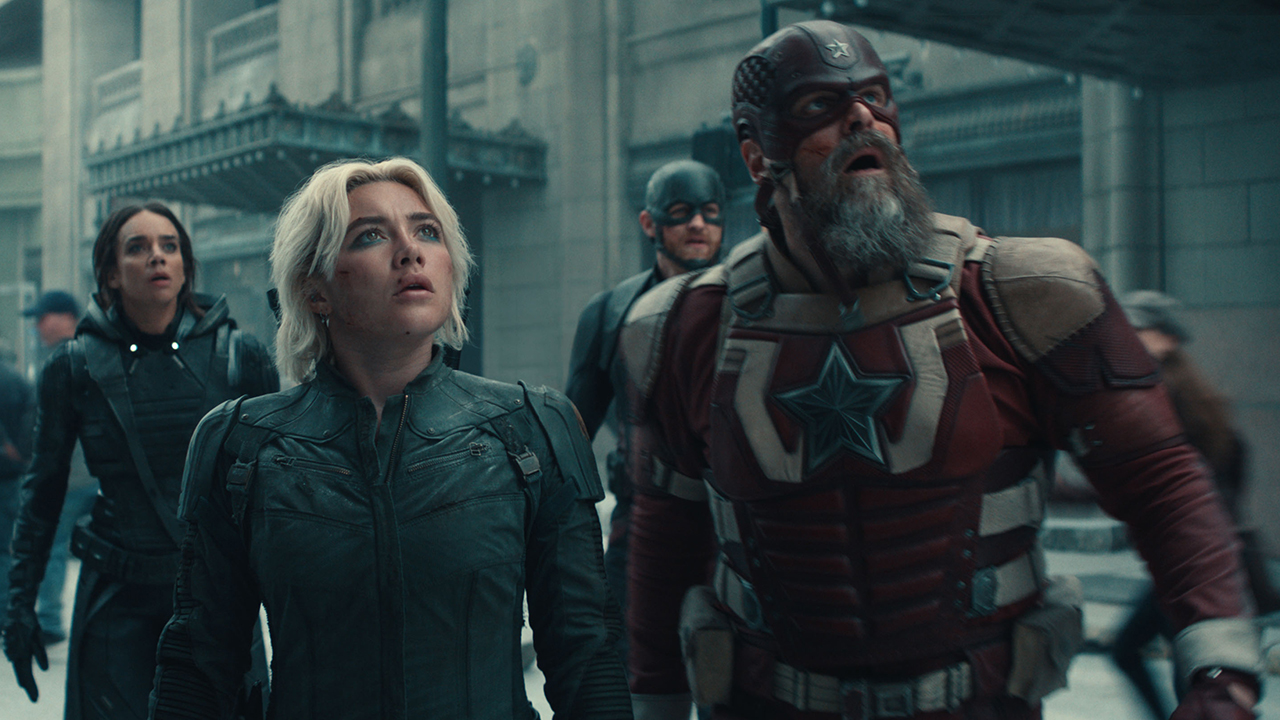The 7 Best 80s Teen Comedies Of All Time

More so than any other decade of American film, most modern viewers typically regard the 1980s as a treasure trove for classic teen comedies.
Borrowing some degree of inspiration from earlier movies like American Graffiti and Grease, ‘80s filmmakers found a way to introduce a subtle balance between relatable humor and teenage angst with their various creative efforts throughout the decade that followed. Revolutionizing the teen comedy film for an entire generation, these subsequent films continue to define the genre over 40 years later, as seen through the iconic status of movies like Sixteen Candles, Fast Times at Ridgemont High, Ferris Bueller’s Day Off, and The Breakfast Club, among many others.
From wacky sci-fi action films to darkly comic high school satires, here are some of our absolute favorite teen comedies from the 1980s, ranked in order from worst to best.
Bill & Ted’s Excellent Adventure (1989)
Orion PicturesThe film that helped Keanu Reeves become an universally recognizable star almost overnight, Bill & Ted’s Excellent Adventure kickstarts the cult favorite Bill and Ted series with an explosive opening chapter. Melding science fiction, fantasy, history, and comedy together into a single creative entity, Bill & Ted’s Excellent Adventure’s light-hearted narrative is guaranteed to leave viewers grinning from ear to ear throughout. In a film that feels like a cross between Back to the Future, Beavis & Butthead, and Terry Gilliam’s Time Bandits, Bill & Ted has only continued to grow in stature since its initial release, remaining as avidly praised now as it was back in the winter of 1989.
Sixteen Candles (1984)
Universal PicturesThe directorial debut for ‘80s icon John Hughes, Sixteen Candles illustrates all of the legendary filmmaker’s foremost strengths. Working with his go-to artistic muse Molly Ringwald in the first of several collaborations, Sixteen Candles marked a major turning point for the fledgling teen comedy in the early 1980s. Rather than boasting low-brow laughs alone, Hughes infused his film with enough meaningful emotion to keep viewers laughing and regularly relating to the film’s narrative throughout. To this day, it’s rightfully considered one of Hughes’ strongest films, solidifying Hughes and young Ringwald as box office sensations.
Fast Times at Ridgemont High (1982)
Universal PicturesEvery decade has the sprawling teen comedy that accurately embodies their respective teenage generation. For the ‘70s, it was American Graffiti; for the ‘90s, it was the rock and roll camaraderie of Dazed and Confused; and for the ‘80s, it was the seminal Gen X narrative of Fast Times at Ridgemont High. Featuring a large ensemble cast of soon-to-be household names, Fast Times at Ridgemont High offers a layered portrayal of such relatable adolescent issues as teenage heartbreak, mindless minimum wage jobs, and the looming anxiety that comes with high school graduation. If that weren’t reason enough to love this 1982 Amy Heckerling comedy, Fast Times also features one of pop culture’s most loved stoners in the form of Sean Penn’s perpetually spaced-out Spicoli (the spiritual predecessor to Jeff Bridges’ The Dude and Chris Tucker’s Smokey in the hit Friday franchise).
Risky Business (1983)
Warner Bros.One of the darker entries in the teen comedy genre, Risky Business heavily relies on the diverse talents of its lead star Tom Cruise – an actor who’s able to seamlessly alternate between youthful naivety and shrewd cynicism within the blink of an eye. While most viewers continue to remember the movie for Cruise’s underwear-clad dance to “Old Time Rock and Roll,” there’s an embittered edge that lies behind Risky Business’s outwardly zany humor. An endearing comedy that explores the seedier underbelly of upper-class suburbia and the rigid conformity of ‘80s Yuppie culture, Risky Business continues to age like a fine wine with each passing decade, holding up as an impressive early effort from Cruise’s glistening filmography.
Heathers (1988)
New World PicturesA complete subversion of the traditional feel-good ‘80s comedy, Heathers almost acts as an outright parody of a classic John Hughes movie, predating the relevant social satire of Mean Girls, Jawbreaker, and Do Revenge. Featuring energetic performances from Winona Ryder and Christian Slater, Heathers’ dark comedy and brutal takedown of high school social life might prove too bitter and difficult-to-swallow for some. But for most, it’s an exceptionally macabre comedy that boldly stands apart from its fellow ‘80s teen films, bearing as much similarity to movies like Ferris Bueller and The Breakfast Club as a bottle of arsenic does to a cup of tea.
Ferris Bueller’s Day Off (1986)
Paramount PicturesAudiences today might more readily flock to John Hughes’ work on The Breakfast Club, but it’s also worth discussing the overwhelming popularity attached to his 1986 tour de force, Ferris Bueller’s Day Off. Perhaps the most upbeat and life-affirming addition to Hughes’ filmography, Ferris Bueller emphasizes the carefree nature that comes with young adulthood, encouraging us each to live in the present moment and enjoy life for all its miraculous possibilities. Whether skipping a day of school to sightsee around Chicago or impersonating a sausage mogul to secure a restaurant reservation, Ferris Bueller hilariously underscores the anarchic, unpredictable, but endlessly exciting adventures we’re all capable of having at any given moment – so long as we remain open to the experience in the first place.
The Breakfast Club (1985)
Universal PicturesQuite possibly the most iconic ‘80s film of all time, The Breakfast Club is also undoubtedly among the definitive entries in the teen comedy genre (not to mention John Hughes’ triumphant masterpiece as a filmmaker). Relying on some of the most famous faces of the ‘80s Brat Pack, Hughes creates an indelible portrait of five vastly different high school students who spend a Saturday together in detention. Inhabiting exclusive social spheres and possessing wholly diverse home lives, The Breakfast Club illustrates the profound similarities that exist among seemingly polar opposites, whether they prefer to think of themselves as athletes, brains, princesses, basket cases, or criminals with a secret heart of gold.


